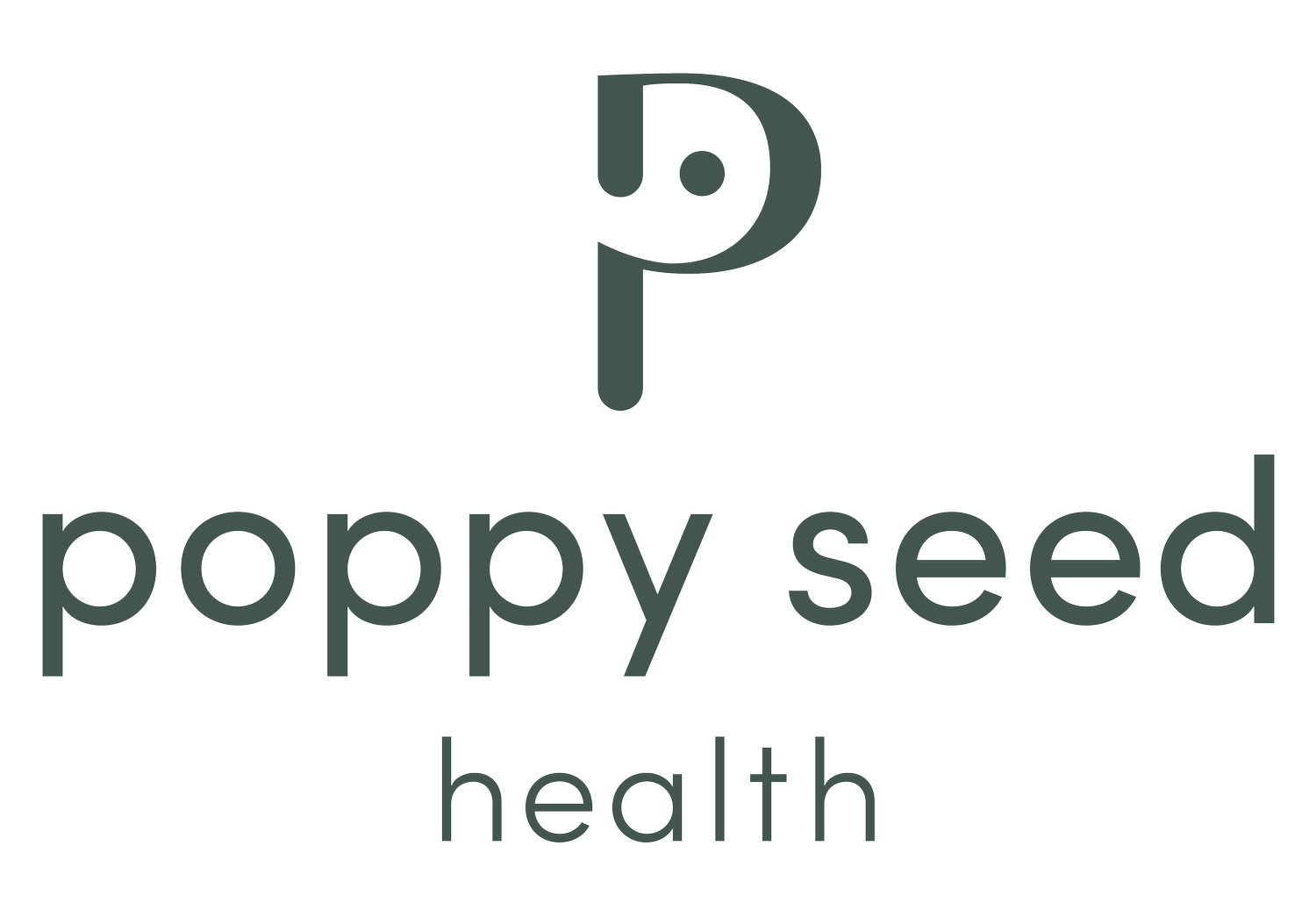Advocate Spotlight: Meet Amy Wright Glenn, an expert trainer in grief and bereavement care.
This Pregnancy and Infant Loss Awareness Month we want to show our community not just that we care, but how we care through the conscious practice of ‘care literacy’, a term contributed by birth worker Emily Varnam, which means developing a fluency in providing and receiving care.
A big part of our care literacy commitment is our partnership with Amy Wright Glenn, a birth and death doula, hospital chaplain, Kripalu Yoga teacher and the founder of the Institute for the Study of Birth, Breath, and Death who has dedicated her career to supporting people through transitions: birth and death. Her holding space for pregnancy loss, is a program that all Poppy advocates take in order to support all those who access Poppy’s 24/7 Pregnancy Loss and Grief Hotline.
To date she has trained over 900 professionals in grief and bereavement care. While grief can seem like a distant concept, we all interact daily with people who are actively grieving. With about 10-20% of known pregnancies ending in miscarriage and over 40 million lives claimed by the COVID-19 pandemic, invisible loss surrounds us. Yet the processing, recovering and healing from grief doesn’t get much attention. Why then is there a culture of silence, shame and invisibility when it comes to pregnancy and infant loss?
“We live in a pretty grief-phobic culture. It's not just pregnancy loss that is silenced, a lot of losses and a lot of fluency around grief and loss has been diminished. The medical model says, somehow, that grief is an illness and that you need to get over it—you only have a certain amount of time to grieve, be grieved, and then you have to get on with your life. Instead we have to view grief as a healthy, natural and human part of being alive, and that we can grieve at different stages of our life”. - Amy Wright Glenn, on the way grief is viewed in the medical world and how that affects parents.
When she became a birth doula she saw the overlap in birth and death work and wondered why there wasn’t more in-depth education included in her doula training.
‘‘As a birth doula, as a hospital chaplain, and also as a scholar of comparative religion, I'm interested in how people make meaning of loss...I have training in holding space for both birth and death. I encountered it a lot directly in the role as a chaplain supporting families through stillbirth. And I realized how powerful both the skills of being a chaplain and being a birth doula could be. There was some really interesting overlap between those two trainings. They're not identical, but there was enough overlap that intrigued me to consider what would it mean to explore that overlap more.”
She draws from her own experiences, those she has held space for and from other grief work experts. Through her own research, she found Dr. Joanne Cacciatore, her favorite author, and Alan Wolfelt. In response to the need in birth communities to offer grief and loss support, she created The Institute of Birth, Breath and Death. Her courses are designed to help support professionals, including doulas, social workers, midwives and doctors, and also for parents. She works within a tripartite model which includes three aspects of understanding in birth and death work:
Companioning: accompanying people in grief and holding them with empathy and compassion.
Strengthening the support network: enabling the people and resources around a grieving person to actively support them in it.
Ritual: lighting a candle every morning, saying a prayer, singing a song or reading a poem. Ritual is also one of Penny Simkins’ three R’s in labor (relaxation, rhythm, ritual).
What Amy is teaching are life skills, skills to be in relationship to your grief, mortality and the experiences of those around you. Amy's work is for everyone because this affects us all. She offers online training programs in holding space for pregnancy loss, holding space for early loss and grief work training. In recognition of Pregnancy and Infant Loss awareness month, her training Holding Space for Pregnancy Loss is discounted on her site. She also facilitates a Covid bereavement support group.
“Poppy Seed Health is all about support, it's a revolutionary model that builds the network of care.”
For loss support, our advocates are standing by to help you navigate the difficult emotional and physical recovery of a loss. We hold space for you here and can chat now. You do not have to be a member to access Poppy Seed Health’s 24/7 Pregnancy Loss and Grief Hotline.

